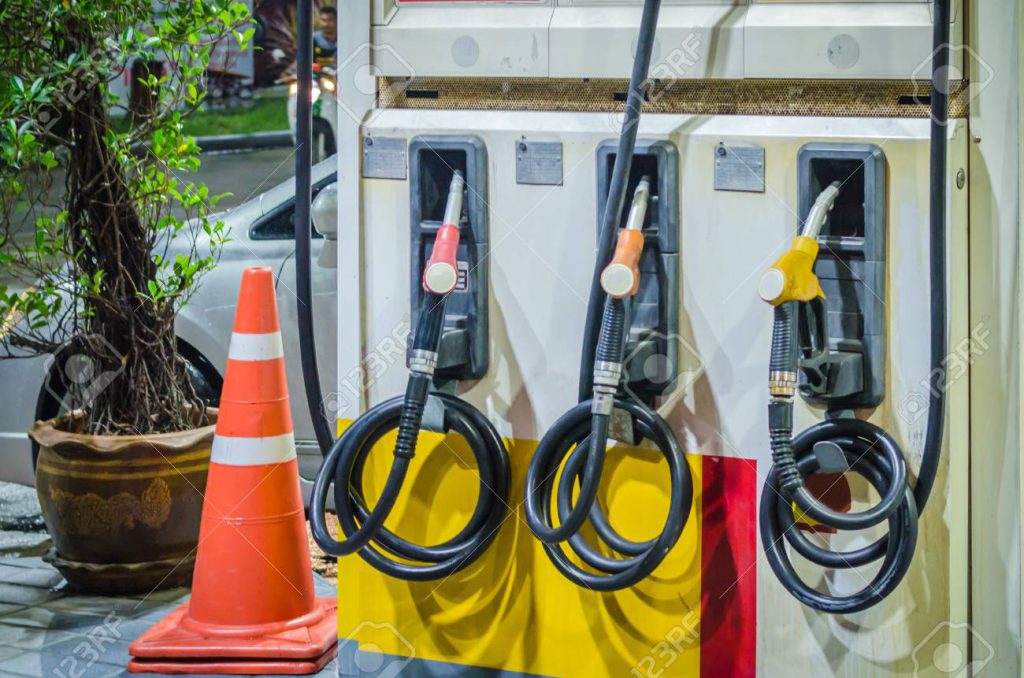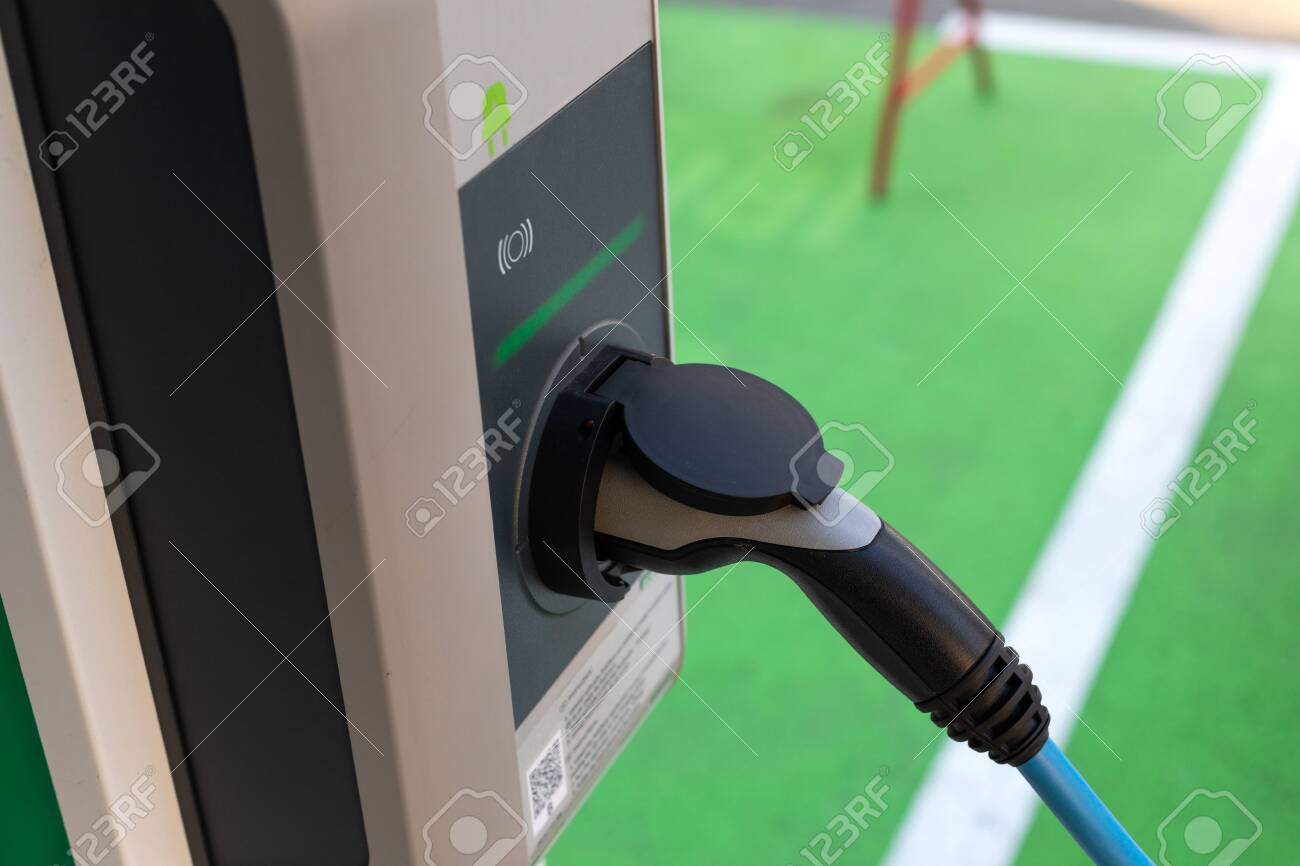From Electric to Hydrogen: Understanding Alternative Fuel Station Technologies provides an overview of the various types of alternative fuel station technologies available today. From electric charging stations, to hydrogen fueling stations and biodiesel filling stations, this comprehensive guide covers the advantages and challenges associated with each technology, as well as tips for choosing the right technology for your needs. Whether you are looking for a way to reduce your emissions or just want to explore the latest advancements in alternative fuel station technologies, this book will provide you with the information you need to make an informed decision.
Advantages of Hydrogen Fuel Stations
Hydrogen fuel stations are becoming increasingly popular as an alternative fuel source for cars. Hydrogen fuel stations provide a clean, efficient, and renewable alternative to traditional gasoline-powered vehicles. Hydrogen fuel stations allow drivers to refuel their cars with hydrogen gas, which can be used to power an internal combustion engine.
The advantages of hydrogen fuel stations are numerous. For starters, hydrogen fuel is a clean energy source that produces no harmful emissions when used in an internal combustion engine. It also has a higher energy density compared to other energy sources, making it a more efficient fuel source. Additionally, hydrogen fuel is renewable and can be produced from a variety of sources, including water and waste.
In addition to these environmental benefits, hydrogen fuel stations are also more convenient than traditional gas stations. They typically require less maintenance as they don’t have to be serviced as often. This means that drivers can refuel their cars more quickly and easily, saving time and money.
Overall, hydrogen fuel stations provide a clean, efficient, and renewable alternative to traditional gasoline-powered vehicles. They are also more convenient and require less maintenance. As the demand for alternative fuel sources continues to grow, hydrogen fuel stations are becoming increasingly popular and are a great option for drivers looking to reduce their carbon footprint.
Disadvantages of Electric Fuel Stations
Electric fuel stations are becoming more and more popular in today’s world as an alternative to gas-powered vehicles. However, electric fuel stations come with some disadvantages as well. Here are some of the main drawbacks of electric fuel stations:
1. Cost: Electric fuel stations are more expensive to set up and maintain than gas stations. This cost can be passed on to the consumer, making electric fuel more expensive than gas.
2. Infrastructure: Electric fuel stations require a significant infrastructure investment. This includes the installation of charging points and other related infrastructure, such as cables and transformers.
3. Availability: Electric fuel stations are few and far between. This means that it can be difficult to find one, especially in more rural areas.
4. Maintenance: Electric fuel stations require regular maintenance to ensure optimal performance. This can be time-consuming and costly.
5. Limited Range: Electric fuel stations have a limited range. This means that they can only provide power for a certain distance before needing to be recharged.
Overall, electric fuel stations offer an alternative to gas-powered vehicles, but there are some drawbacks that need to be taken into account. If you’re considering an electric vehicle, it’s important to research the availability and cost of electric fuel stations in your area before making a purchase.
The Cost of Investing in Hydrogen Fuel Station
Investing in hydrogen fuel stations is becoming an increasingly attractive option for those looking to reduce their carbon footprint and take advantage of alternative fuels. Hydrogen fuel is a clean-burning, renewable energy source that is growing in popularity. However, the cost of investing in hydrogen fuel stations can be substantial.
When investing in a hydrogen fuel station, the initial costs can range from a few thousand dollars to several million. These costs include the cost of construction, purchasing the equipment needed to store and dispense hydrogen, and any permits or licenses that may be required. Additionally, there are often ongoing costs associated with the operation of the station, including fuel costs, maintenance, and staffing.
In addition to the costs associated with the initial setup of a hydrogen fuel station, there are also potential benefits. For example, hydrogen fuel stations can be used to power vehicles with zero emissions, making them an environmentally friendly option. Additionally, they can provide a reliable source of fuel for those who need it, making them a valuable resource in times of emergency.
Overall, investing in hydrogen fuel stations can be expensive, but the potential benefits often outweigh the costs. As the popularity of alternative fuels continues to grow, hydrogen fuel stations are likely to become more common, making them a great investment for those looking to reduce their carbon footprint.

The increasing demand for alternative fuel station technologies and the changing environmental landscape have pushed the industry forward and necessitated the development of new and innovative solutions. From electric charging stations to hydrogen fueling technology, there are a variety of options available to meet the increasing demand for clean and sustainable energy.
Electric charging stations are becoming increasingly popular due to their low cost, ease of installation, and the fact that they do not produce any emissions. Hydrogen fueling technology, on the other hand, is a more expensive option but has the potential to revolutionize the alternative fuel station industry as it produces zero emissions and has a higher energy density than electric charging stations. To meet the demand for alternative fuel station technologies, it is essential for the industry to continue to invest in research and development to ensure that the most efficient and cost-effective solutions are available to consumers.













